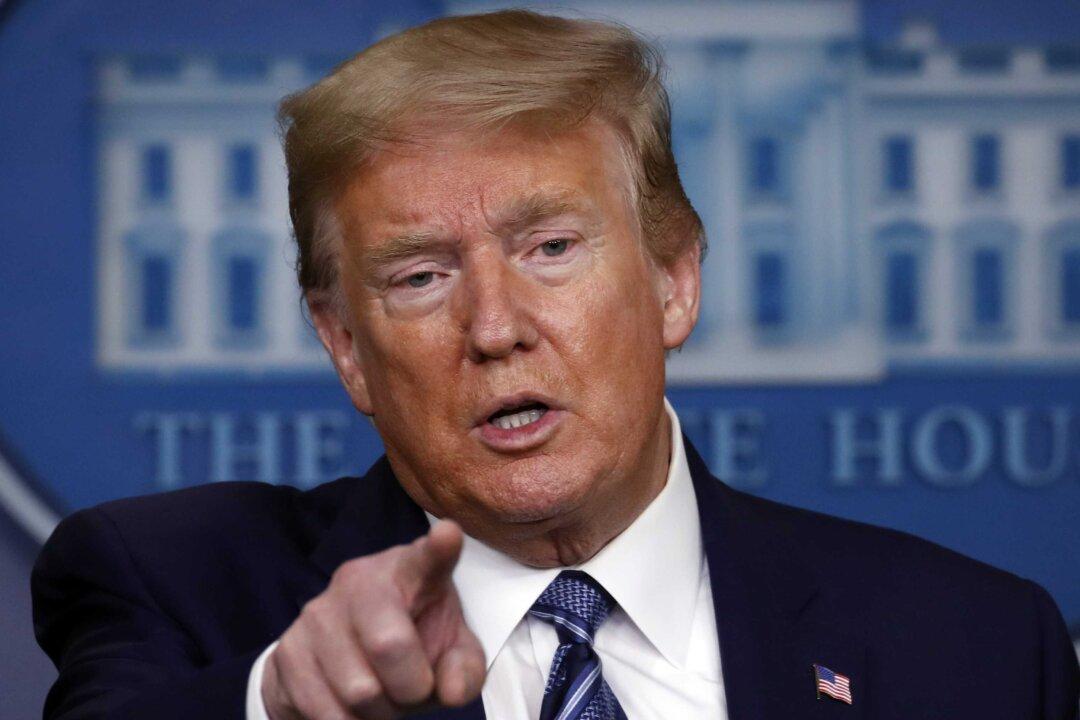President Donald Trump said he’s planning to sign an executive order to compel meat processing plants to remain open during the CCP virus pandemic.
A number of meat and poultry plants have shut down in recent weeks after employees contracted the virus, leading to warnings from top executives that a shortage may hit the United States.





